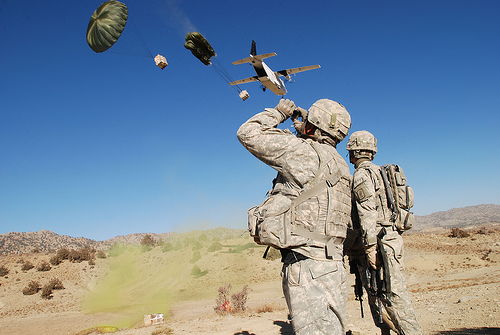
On 4 and 5 November, the Center for Security Studies (CSS) at ETH hosted an academic workshop entitled “The other sides of Afghanistan: A regional perspective on security issues in Afghanistan”. It was organized by Dr Stephen Aris and Dr Aglaya Snetkov (CSS) and supported by a grant from the Swiss National Science Foundation. The focus of the workshop was on the regional dimensions of the security situation in Afghanistan.
Ahead of the proposed US and NATO withdrawal from military operations in Afghanistan by 2014, many analysts are now arguing that the role and influence of regional powers and neighboring states in Afghanistan have become increasingly important and that an effective solution to the current instability in Afghanistan will require a coordinated regional approach. To evaluate the prospects for and likely nature of regional cooperation on Afghanistan, the goal of the workshop was to analyze the perceptions and responses of neighboring and regional states to the security situation in Afghanistan, as well as their views on the implications of the proposed Western withdrawal in 2014. To this end, area studies and country-experts on the states bordering Afghanistan (China, Iran, Pakistan, Tajikistan, Turkmenistan and Uzbekistan) and regional powers and states in close proximity (Russia, India, Kazakhstan and Kyrgyzstan) gave presentations about these countries’ perceptions, strategies and policies towards Afghanistan. In addition, experts examined the view and approach of NATO and Afghanistan itself to a regional solution, while regional analysts examined the transnational security and economic dynamics between the states of the wider Afghan neighborhood.
